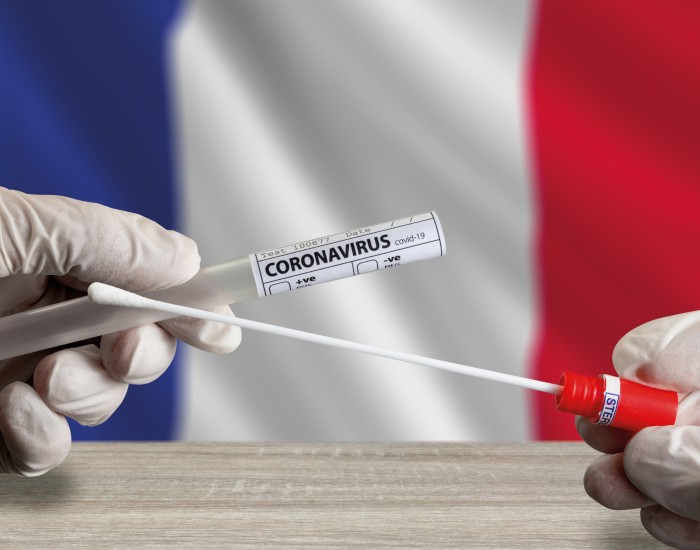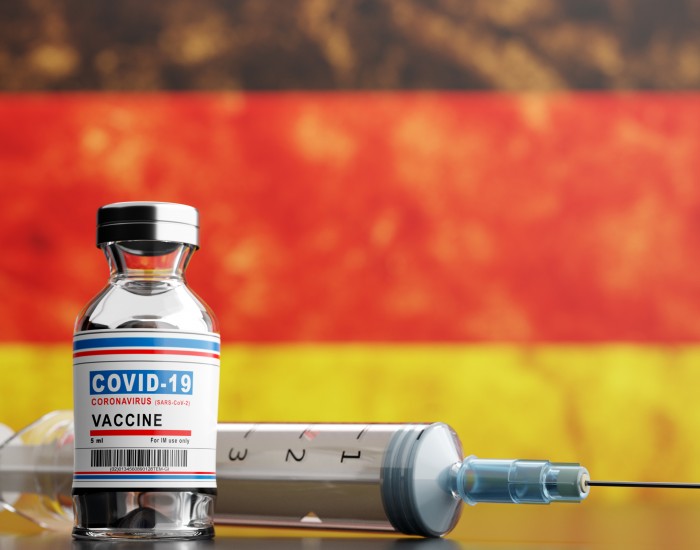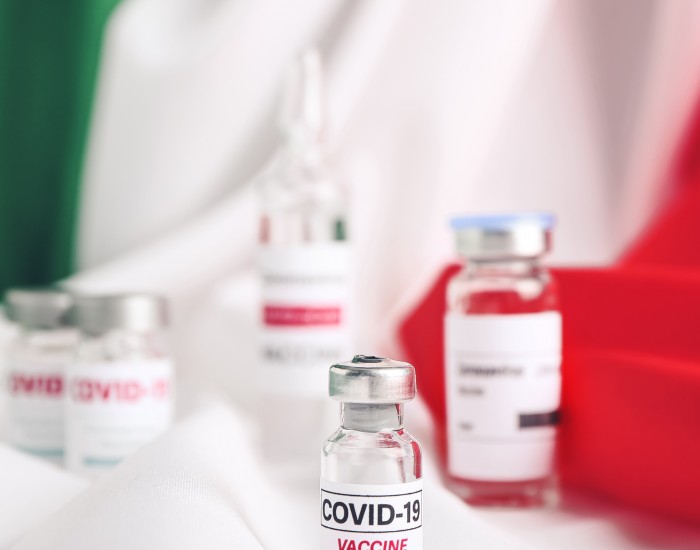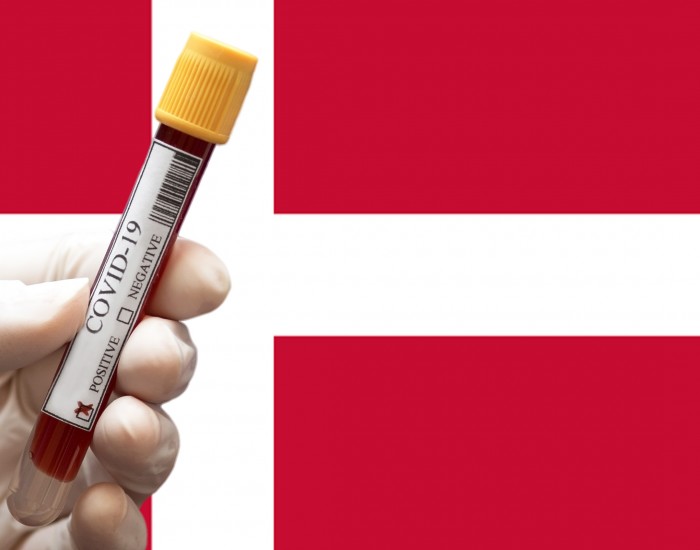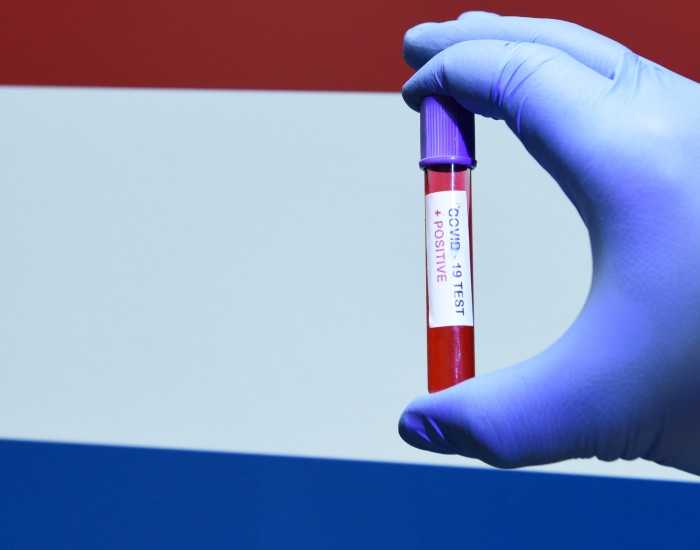Dividing society into the 'safe' and the rest - new restrictions ahead of COVID-19 wave IV in Europe
The holiday period is over and, as predicted, the 4th wave of coronavirus in Europe is slowly becoming a reality. The daily news of the rapidly increasing number of diseases worldwide is starting to worry governments. Italy, Germany and France are once again reporting increases in the number of cases, and with them governments are preparing tougher restrictions. The number of people vaccinated is still unsatisfactory, so in order to 'encourage' the public to get vaccinated, governments in individual EU countries are introducing ever stricter restrictions, dividing citizens into those 'safe' and the rest.
Below are the latest statistics from European Union countries on citizens' uptake of the full vaccination dose.
| CUMULATIVE UPTAKE OF FULL VACCINATION IN THE TOTAL POPULATION IN EU | NUMBER OF FULL VACCINATION IN THE TOTAL POPULATION IN EU |
57,9 % |
259 042 820 |
Source: Data as of 2021-09-07 II (c) European Centre for Disease Prevention and Control 2021 www.ecdc.europa.eu II The boundaries and named shown on this map do not imply official endorsement or acceptance by European Union II Reproduction is autorised, provided source is acknowledges

| POLAND | GERMANY | FRANCE | ITALY | NETHERLANDS | SPAIN | BELGIUM | DENMARK | NORWAY | SWEDEN |
|
48% |
60,3% |
63,1% |
61,6% |
62% |
66,9% |
70,7% |
68,7% |
53,1% |
56,1% |
Patrząc na coraz wolniejszy trend szczepień wśród Europejczyków, rządy wprowadzają nowe restrykcje, które najboleśniej odczują osoby niezaszczepione. Szykują się więc ogromne zmiany, które (według rządów) mają na celu spowolnienie IV fali pandemii, aby żaden kraj nie musiał wprowadzać znowu twardego lockdownu, który w tym przypadku mógłby po raz kolejny zagrozić europejskiej gospodarce permanentnie.





